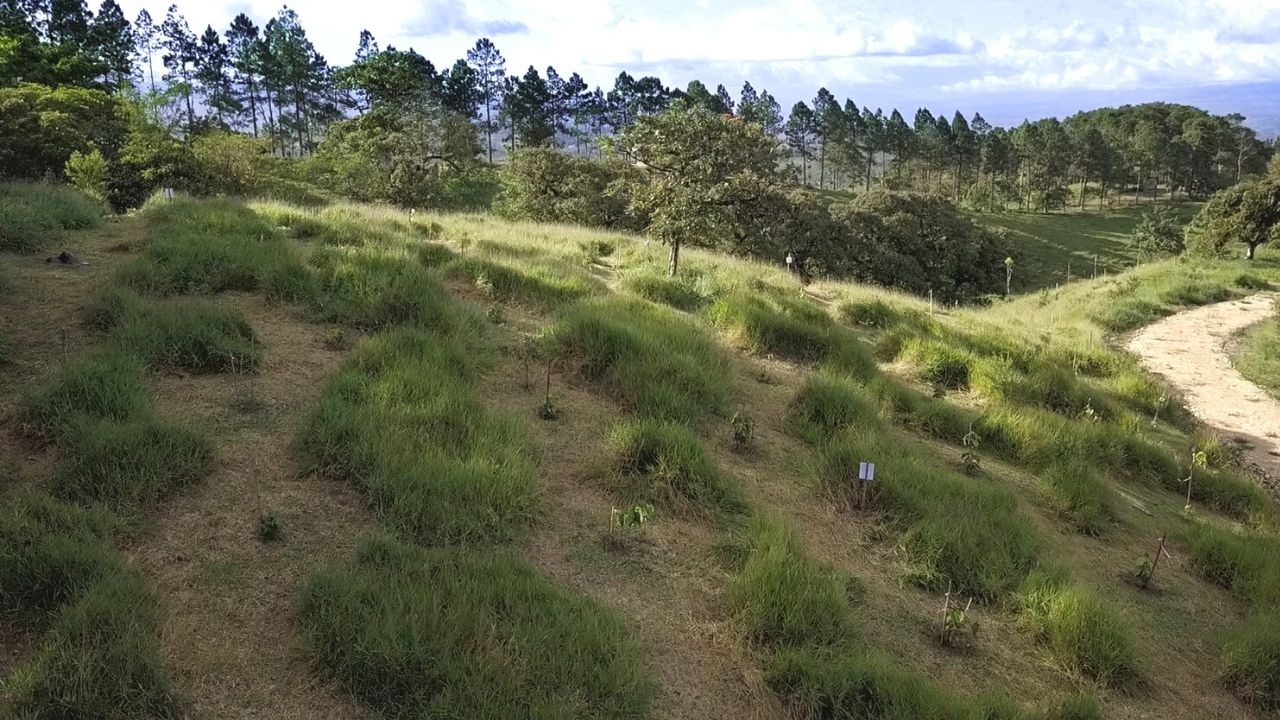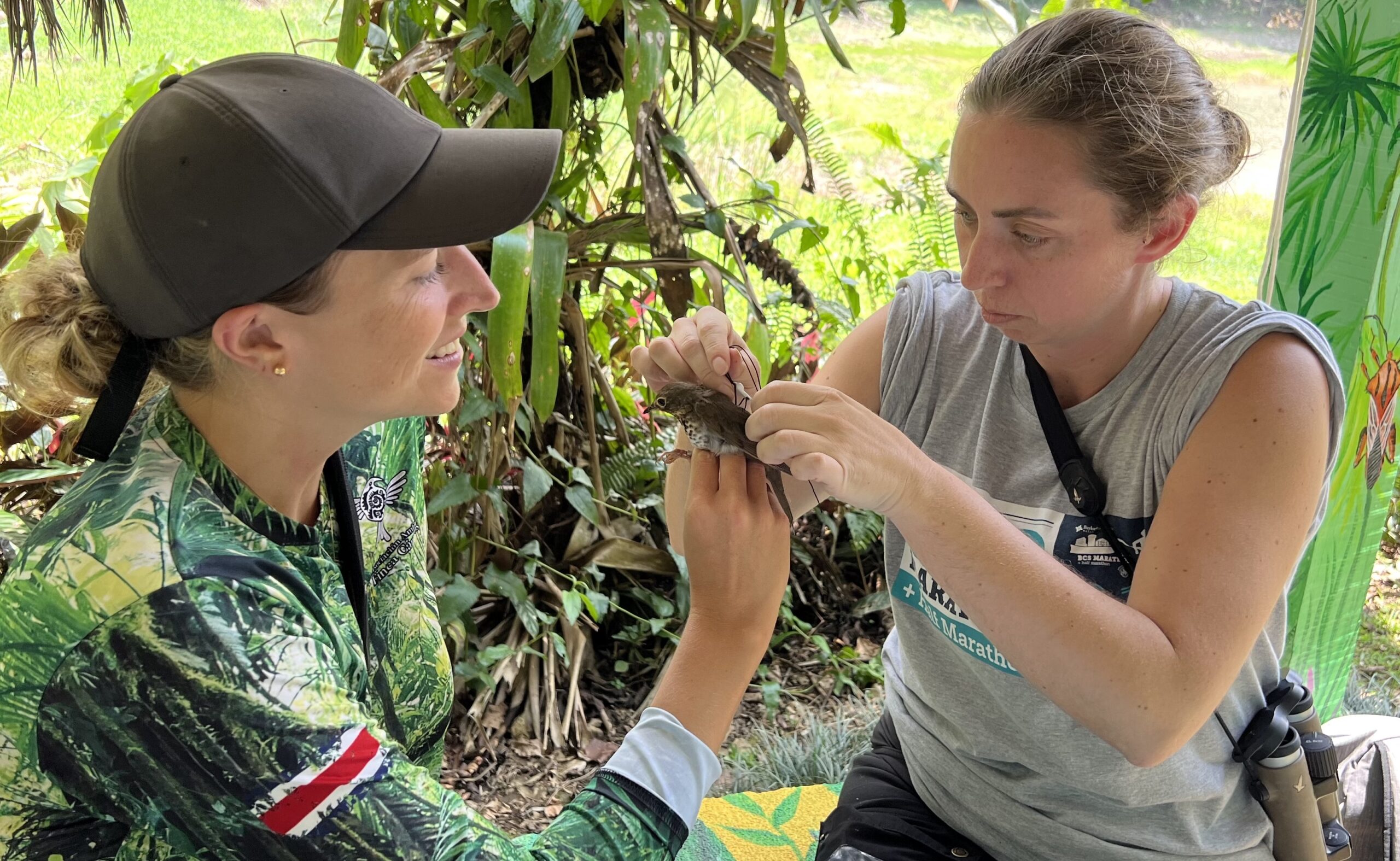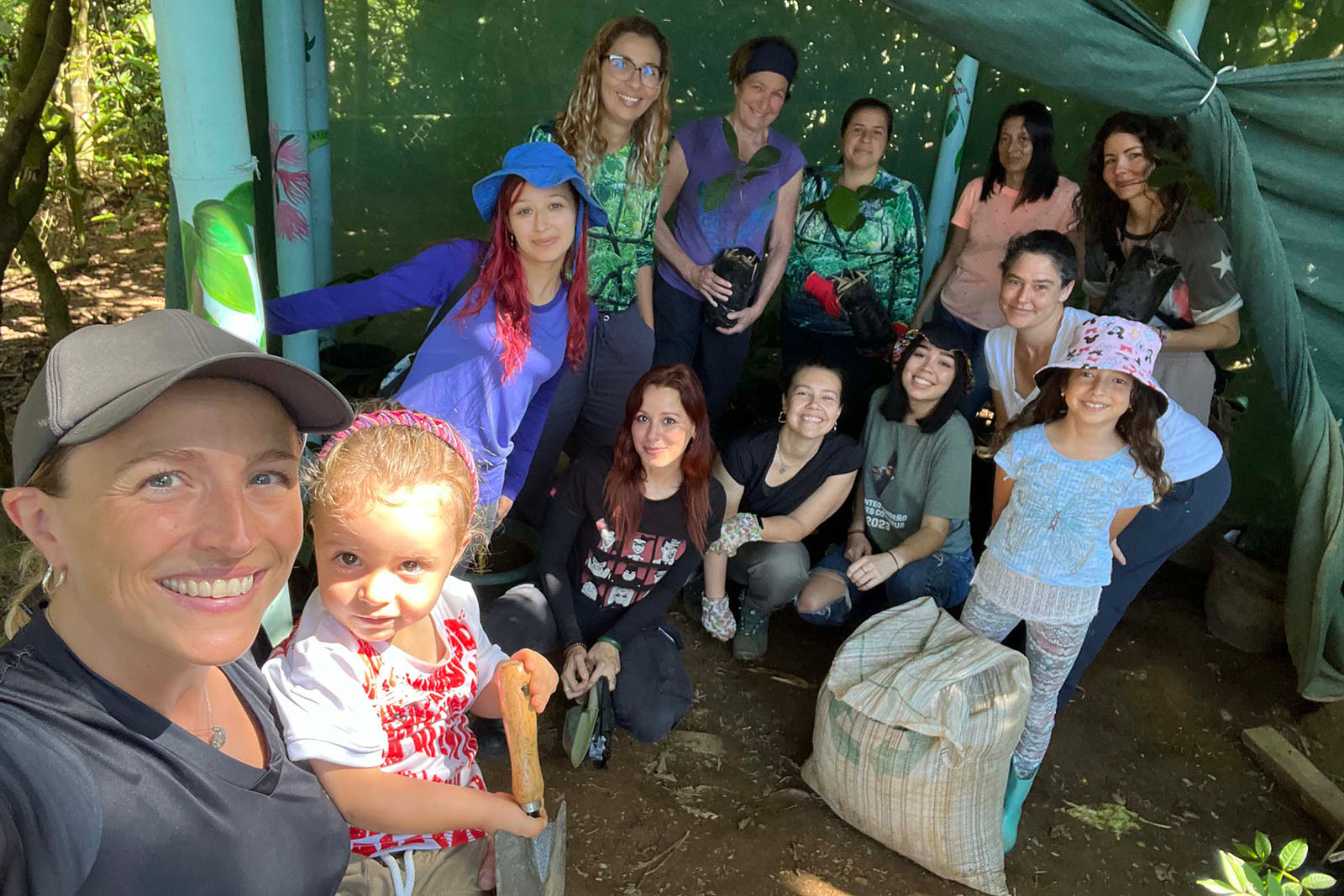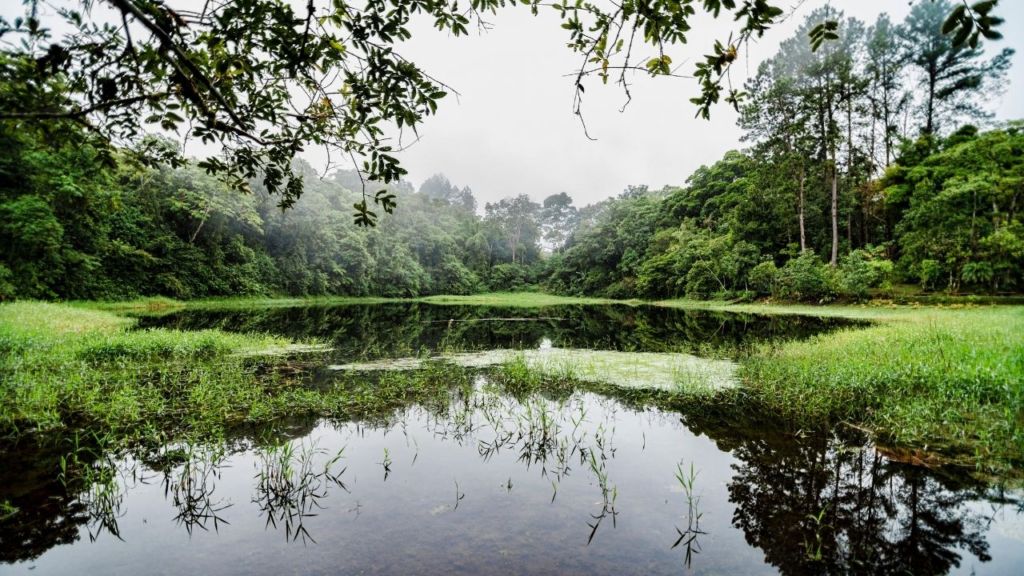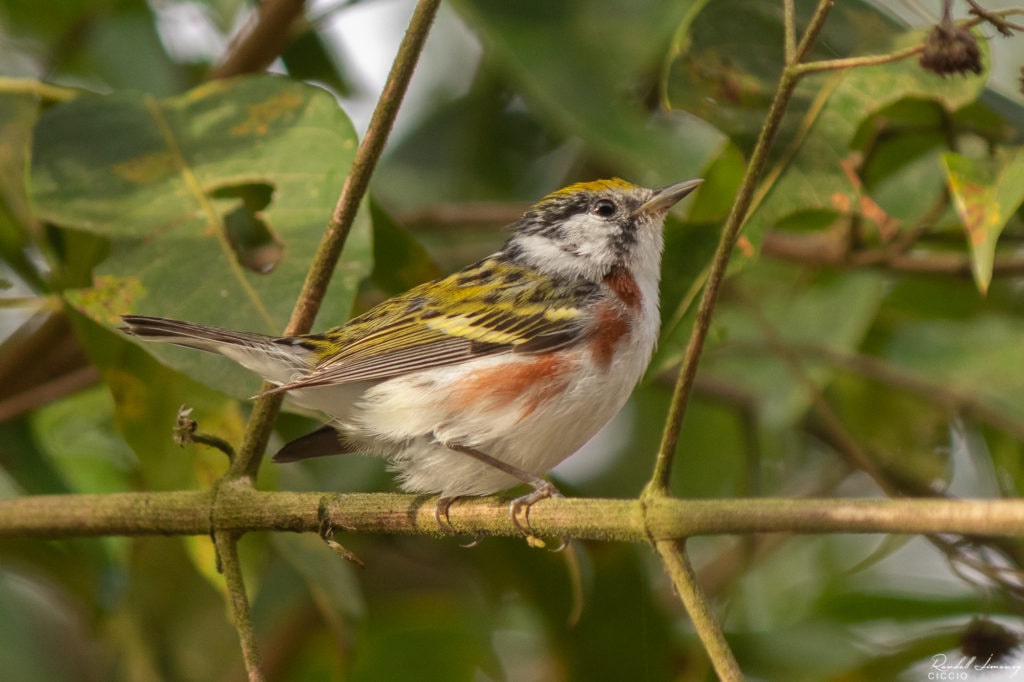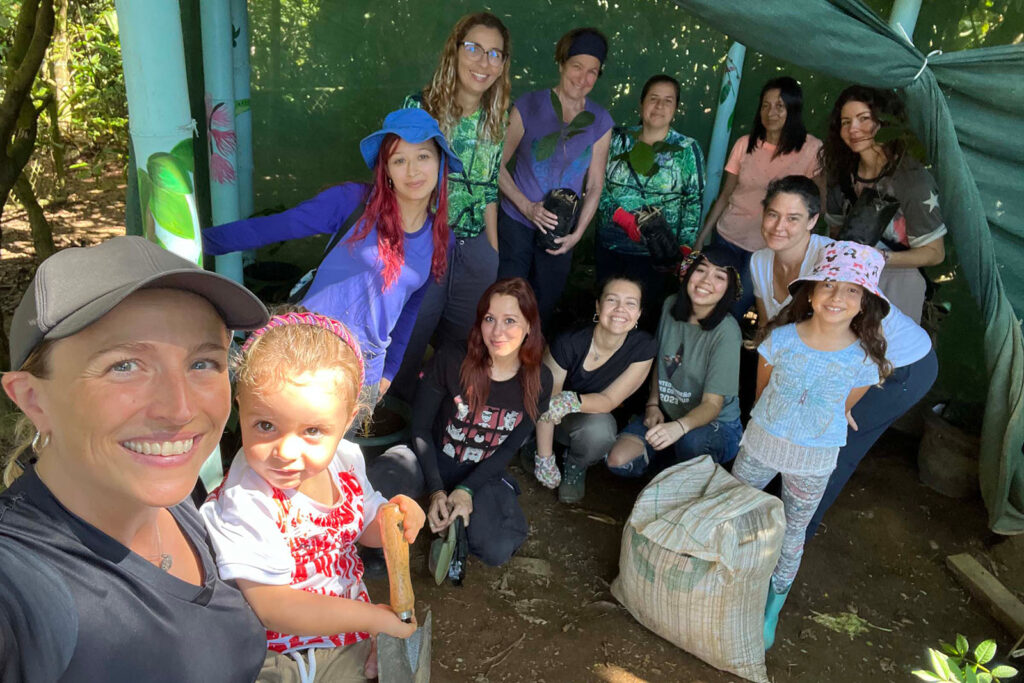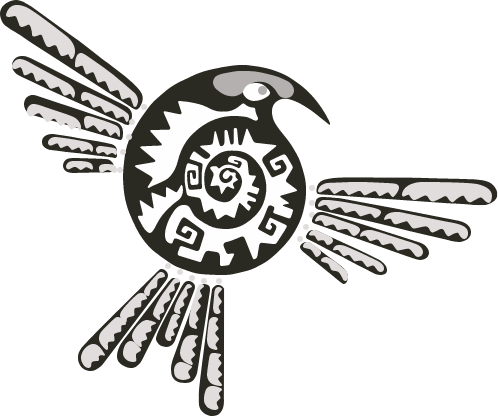Are you looking forward to 2021?
Maybe you share the dominant collective feeling about this exceptionally strange year with thousands, captured by the catchy Avenue Beat song: “f**k 2020… I am kinda done… can we just get to 2021!?!” (2020).
But what do we think or hope will happen when we get to 2021?
One certainty is that the United Nations Decade on Ecosystem Restoration starts on January 1st, 2021. This Decade was declared with the following ambitious aim to prevent, halt and reverse the degradation of ecosystems worldwide (United Nations, 2020).
In light of the challenges responsible for 2020’s infamous reputation—from Covid-19 to Hurricane Eta—global ecosystem restoration has never been more important. Especially given that these challenges will not transform magically to dust come midnight December 31st. The pandemic and climate change will continue to pose serious threats, and we must continue to be vigilant and take action.
That statement, contrary to how it may sound, is not intended to provoke hopelessness. In fact, this last blog post of the year is about opportunity.
While global pandemics and devastating storms are crises of extreme magnitudes, they present opportunities for us as humans to prove that we have the capacity:
…to unite
…to innovate
…to take positive collection action
…to adapt
…to be resilient.
The scientific evidence shows that ecosystem degradation has played a significant role in the types of crises we experienced in 2020. Ecosystem degradation can occur in one fell swoop when a forest is clear-cut, or as changes in climate alter and compromise a particular habitat over time. Regardless of how it occurs, ecosystem degradation can contribute to the severity of hurricanes and to the conditions in which new viruses can emerge and propagate. For example, flooding can be more extreme where there are fewer trees to absorb the water, and many outbreaks of emerging infectious diseases are linked to anthropogenic (human-caused) land use changes.
The recent release of the very first vaccine for a coronavirus in humans is an astonishing display of human ingenuity, and a powerful example of opportunity created by a crisis. We need to bring the same intensity and determination associated with this revolutionary vaccine to organizing ecosystem restoration initiatives such as tree-growing and not just tree-planting.
Trees are our best allies. They absorb carbon emissions, regulate Earth’s temperatures, protect our water, and more. But they can only do their incredible work when we do ours properly. Tree-planting, which takes place in the short-term, does not do the holistic job of tree-growing, which is a long-term commitment that starts with thoughtful analysis well before a tree is planted. It lasts indefinitely, even after a solid forest is standing. It involves selecting the right species for a particular location, caring for saplings during their vulnerable infancy, all the while engaging ongoing community support and investment to ensure the forest will not be cut down twenty years down the road.
Looking down the much shorter road to the end of a year we thought would never end, what do I think and hope for 2021?
I think about the challenges and opportunities of the new year as two sides of the same coin, and I have hope we will be empowered by the opportunities. Not only that: I believe we can surprise ourselves with the positive results we can choose to create.

